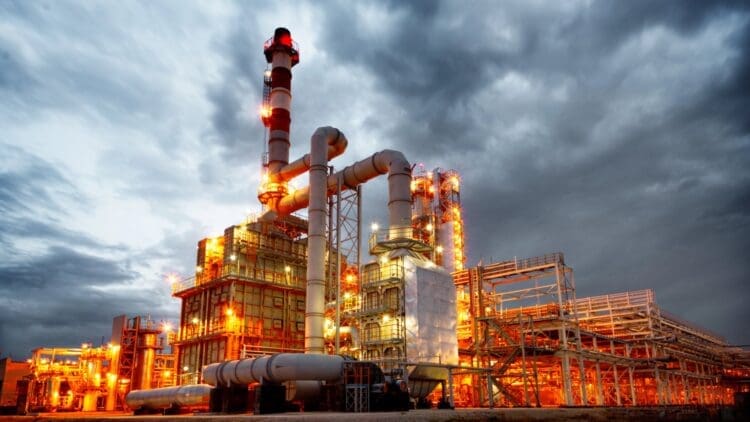Europe has stated that it expects tighter jet fuel and diesel supplies ahead of the new ban on Russian fuels. Since the Russians invaded Ukraine, the energy market has seen dramatic decreases in energy capacity, leading many EU member states to lean on other importers of fuel resources. In 2022, the global energy sector was subjected to an astonishing increase in fuel prices due to the Ukraine war, and with the new round of sanctions on any Russian-made energy resources set to commence in 2027, Europe is set to see significant issues in fuel and diesel supply.
The European Union recently voted on a new round of sanctions on Russian energy resources
The vote concluded and passed muster without any significant challenges. The EU will now completely phase out Russian oil and gas by the end of the decade, with an accelerated timeframe for gas specifically.
However, the new sanctions may not have considered the amount of fuel and diesel that the region imports from Mother Russia, and it has noted that it expects supplies to tighten once the ban comes into effect.
Other nations have stepped in to compensate for the loss of Russian fuels and diesel
The EU received 750,000t of diesel and gasoil from India in February, and around 470,000t arrived from China, pointing to the fact that the bloc can operate without reliance on Russian fuel resources. The Kingdom of Saudi Arabia also picked up its exports of fuel resources to Europe, but has noted a slight decrease recently.
Several EU member states have praised the new legislation that strictly forbids the importing of any Russian energy, be it gas or fuels.
“The vast majority of the members of the two committees have voted for a strong position to strengthen the exit from Russian fossil fuel imports. I am impressed by the shared understanding of the need for effective legislation that is not just banning imports of Russian gas and oil to the European Union but is also stringent in enforcement and closes the loopholes of the Commission’s proposal.” – lead MEP for the Industry, Research and Energy Committee (ITRE), Ville Niinistö (Greens/EFA, Finland)
The new ban on Russian fuels comes following a systematic weaponization of the sector from Moscow
The Russian government has faced significant backlash from the international community following the systematic weaponization of the energy sector. The 2022 invasion came with further deliberate market manipulation, including Gazprom’s unprecedented underfilling of EU storage facilities and abrupt halts to pipelines, causing energy prices to spike to up to eight times their pre-crisis levels.
With Russia still doing business with many Asian nations, the EU has taken a strong stance on banning any form of Russian energy imports into the region. Noting that the ongoing war in Ukraine has exacerbated the issue faced by the international energy sector.
“The almost unanimous support gives me a strong mandate for negotiations with the Council. The ban of Russian fossil fuels is a great achievement for the European Union and a turning point in European energy policy. We have strengthened the European Commission’s initial proposal by including oil and its products, ending long-term contracts a year earlier than proposed, adding penalties for non-compliance, and deleting exceptions for landlocked countries.” – Inese Vaidere (EPP, Latvia), lead MEP for the International Trade Committee
Europe will need to foster a new approach to international trade to compensate for the loss of Russian fuels
While the banning of Russian-made energy is commendable, the unforeseen impact will affect Europe’s diesel and fuel supplies. With a tighter supply expected over the next few years, Europe may need to develop new strategic partnerships that enable cross-ocean trade of energy resources. They could take some lessons from South America, which has seen Panama launch construction of an interoceanic gas pipeline corridor. Global cooperation is key to enabling Europe to live without Russian-made energy.





